-
The International Relations Office at Wrocław Medical University organised the 2nd Erasmus Staff Week.
2024-06-03
10:36
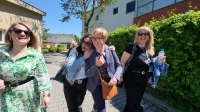 From the 20th until the 24th of May we hosted representatives from Grigore T. Popa University of Medicine and Pharmacy IASI, Romania; Ternopil National Medical University and Danylo Halytsky Lviv National Medical University, Ukraine; University of Debrecen, Hungary; University of Crete and University of Thessaly, Greece; Lithuanian University of Health Sciences, Lithuania; University of Medicine Tirana, Albania, Caucasus International University, Georgia.
Read more »
From the 20th until the 24th of May we hosted representatives from Grigore T. Popa University of Medicine and Pharmacy IASI, Romania; Ternopil National Medical University and Danylo Halytsky Lviv National Medical University, Ukraine; University of Debrecen, Hungary; University of Crete and University of Thessaly, Greece; Lithuanian University of Health Sciences, Lithuania; University of Medicine Tirana, Albania, Caucasus International University, Georgia.
Read more »
Wrocław
The Meeting Place
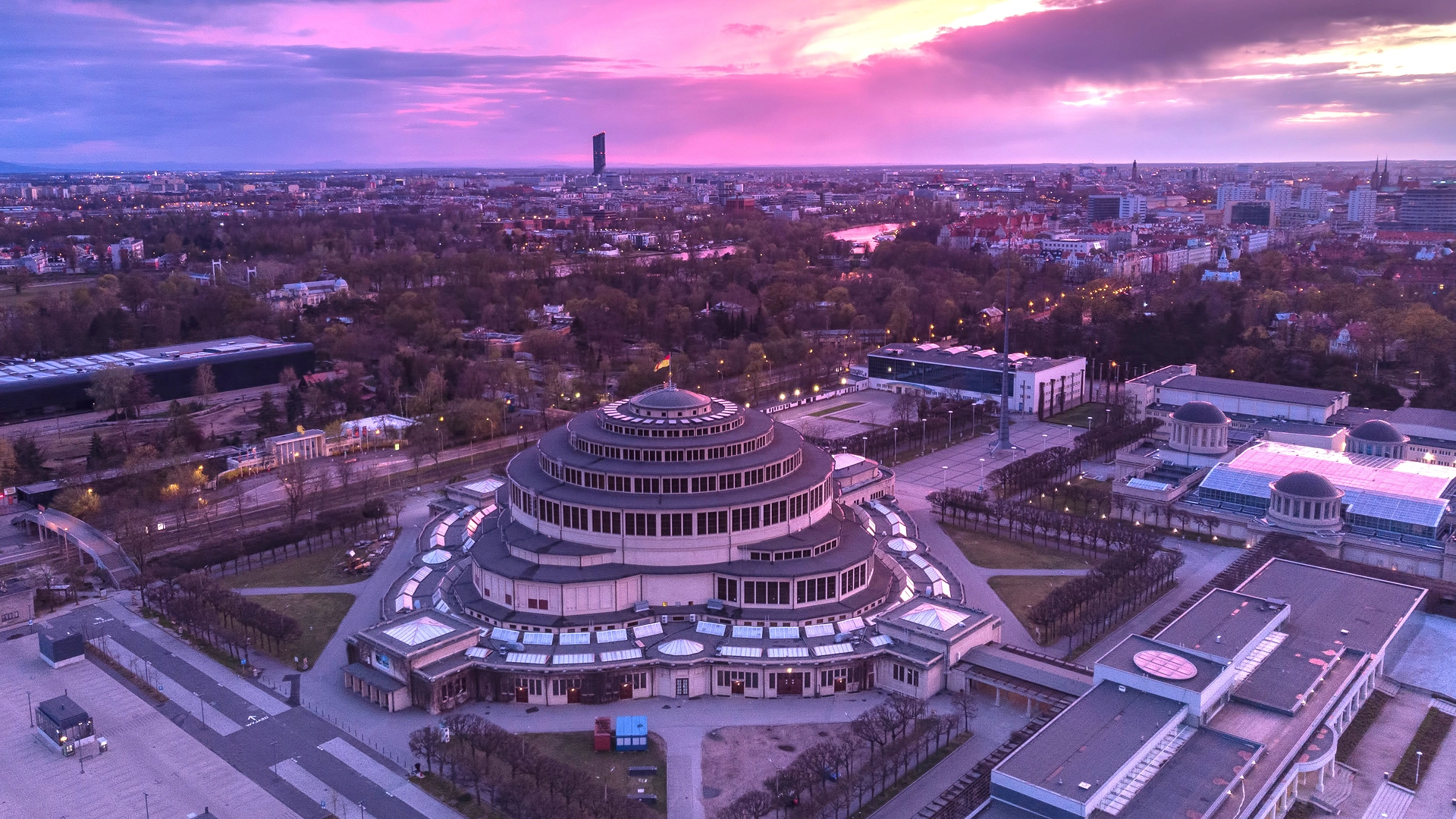
Photo: Dolnośląska Organizacja Turystyczna
Wrocław is a picturesque city located in the west of Poland, on the Odra River. It is the capital of Lower Silesia, and at the same time its largest city. It was founded in the 10th century by the Polish Duke Mieszko I of the Piast dynasty. Throughout the Middle Ages, Wrocław flourished as a prominent centre of commerce, culture and learning. The city was a melting pot of different ethnicities and religions, with a sizable German-speaking population alongside Poles, Jews, and Czechs. Wrocław is known for its impressive Gothic architecture, including the stunning Cathedral of St. John the Baptist and the Market Square with its iconic Town Hall. In the 18th century, Wrocław became part of the Kingdom of Prussia. The city underwent a period of rapid modernization and industrialization, becoming a major center of trade, industry, and education. During World War II, Wrocław suffered heavy damage. The city was rebuilt in the following decades, with a mix of restored historical buildings and socialist-era architecture.
The beauty of the city resulting from, among other things, its location by the river, is exposed at the Xawery Dunikowski Boulevard with a view of the medieval sacral complex, one of the most beautiful in Europe – Ostrów Tumski. Wrocław is called the 'city of meetings', which manifests itself on many levels. Over the centuries of its history, many cultures, ethnicities, and nations have woven through it.
Speaking of the diversity and openness of Wrocław, it is impossible not to mention such a unique place as the District of Four Denominations – at a distance of about 300 m there are Orthodox, Evangelical, Catholic and synagogue churches next to each other. As an intercultural city – in 2021, it joined the Intercultural Cities Programme (ICC), which aims to promote policies and practices that enhance interaction, mutual understanding and respect between different cultures and ethnicities.
In 2016, the capital of Lower Silesia was awarded the title of the European Capital of Culture. As part of this event, various institutions and initiatives were created, including: New Horizons Cinema offering a repertoire of arthouse films, film reviews and festivals (New Horizons Film Festival), workshops, educational activities for children and young people.
Wrocław is famous not only for its film festival – moreover, since 1966, it has hosted the International Festival 'Wratislavia Cantans', the Stage Song Review, the International Jazz on the Odra Festival and the most outstanding opera productions presented in the Centennial Hall. As far as the cultural aspects are concerned, it is impossible not to mention the Ossoliński National Institute and the Ossolineum Library, which is currently the largest book collection of the Polish Academy of Sciences
.
Wrocław is also one of the best connected cities in Poland – it has an international airport, many railway stations, river shipping ports and is connected to the A4 motorway leading from Berlin to the border crossing with Ukraine. In 2018, Wrocław received the award for the best tourist region in Europe – European Best Destination. On the other hand, the most recent award that Wrocław can boast of is the victory in the ranking of 'European Cities and Regions of the Future' in the category of medium-sized cities.
A unique trail that you can use to travel and explore Wrocław is the Wrocław Dwarf Trail (there are about 400 of them!) – dwarfs in the form of small carved statues symbolize one of the many legends set in Lower Silesia.
There ar emany culinary events and places where you can taste cuisine from all over the world. Every year, at the beginning of June, you can visit the 'Europe on a fork' festival at the Market Square in Wrocław, where you can enjoy fairs of regional dishes and products, culinary shows and a European feast.
Wrocław's main attractions include:
Market Square (Rynek) - The historic centre of Wrocław with colourful buildings, lively cafes, and the Gothic Town Hall.
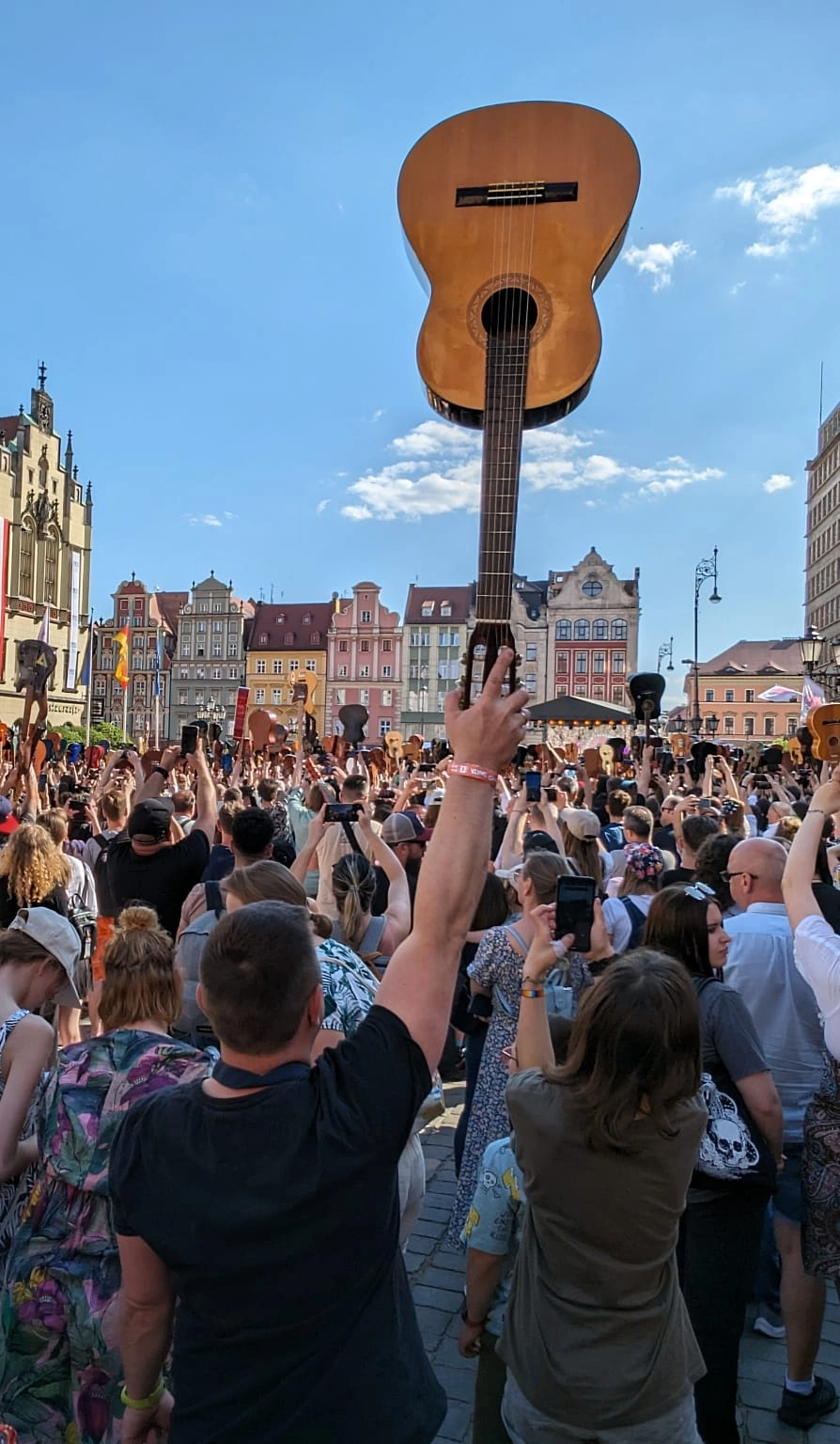 Photo: Magdalena Szymków-Cieniawska
Photo: Magdalena Szymków-Cieniawska
St John the Baptist Cathedral in Wrocław - A stunning landmark in the city with its twin towers and beautiful interior decorated with murals and stained glass windows.
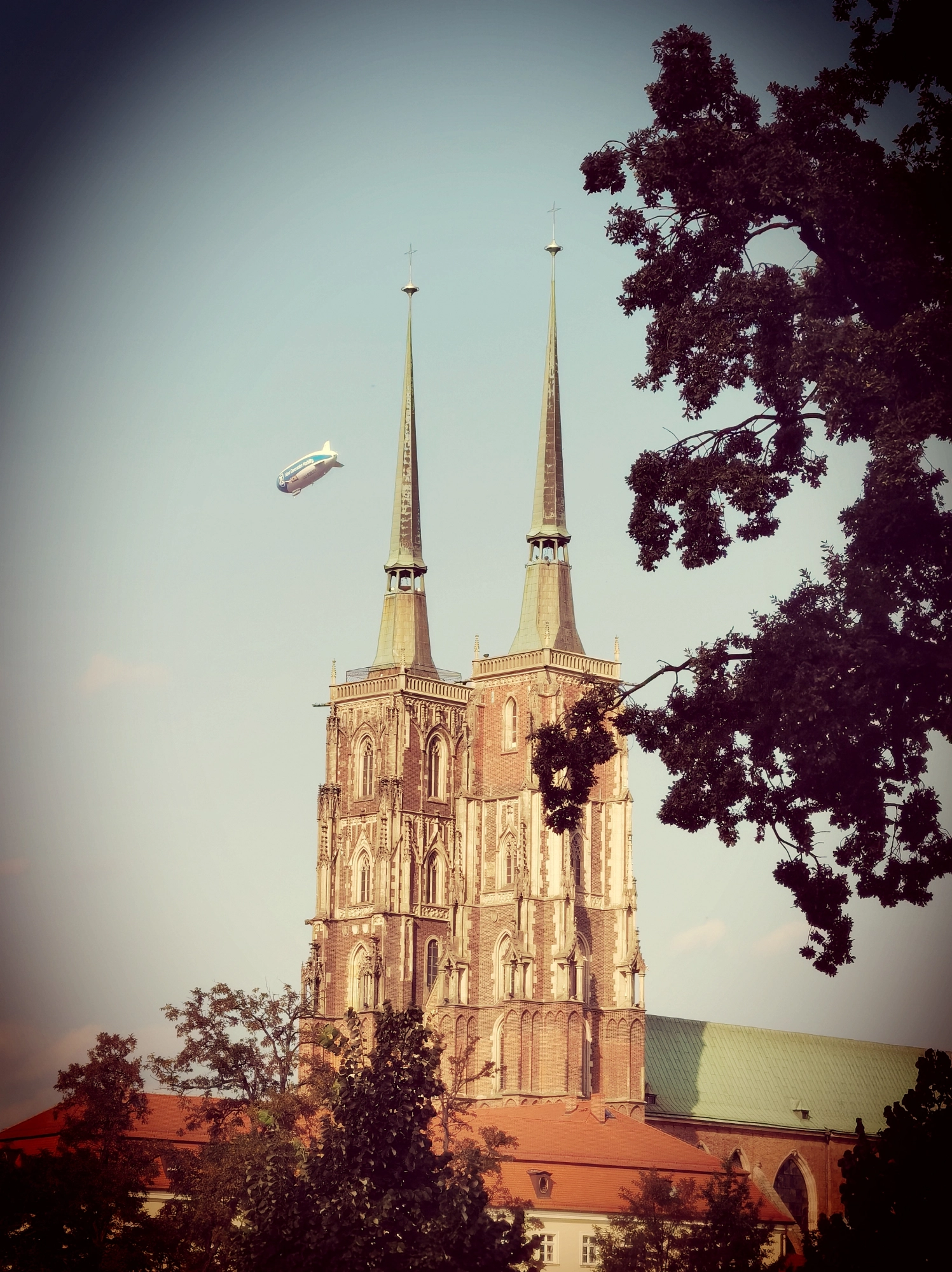
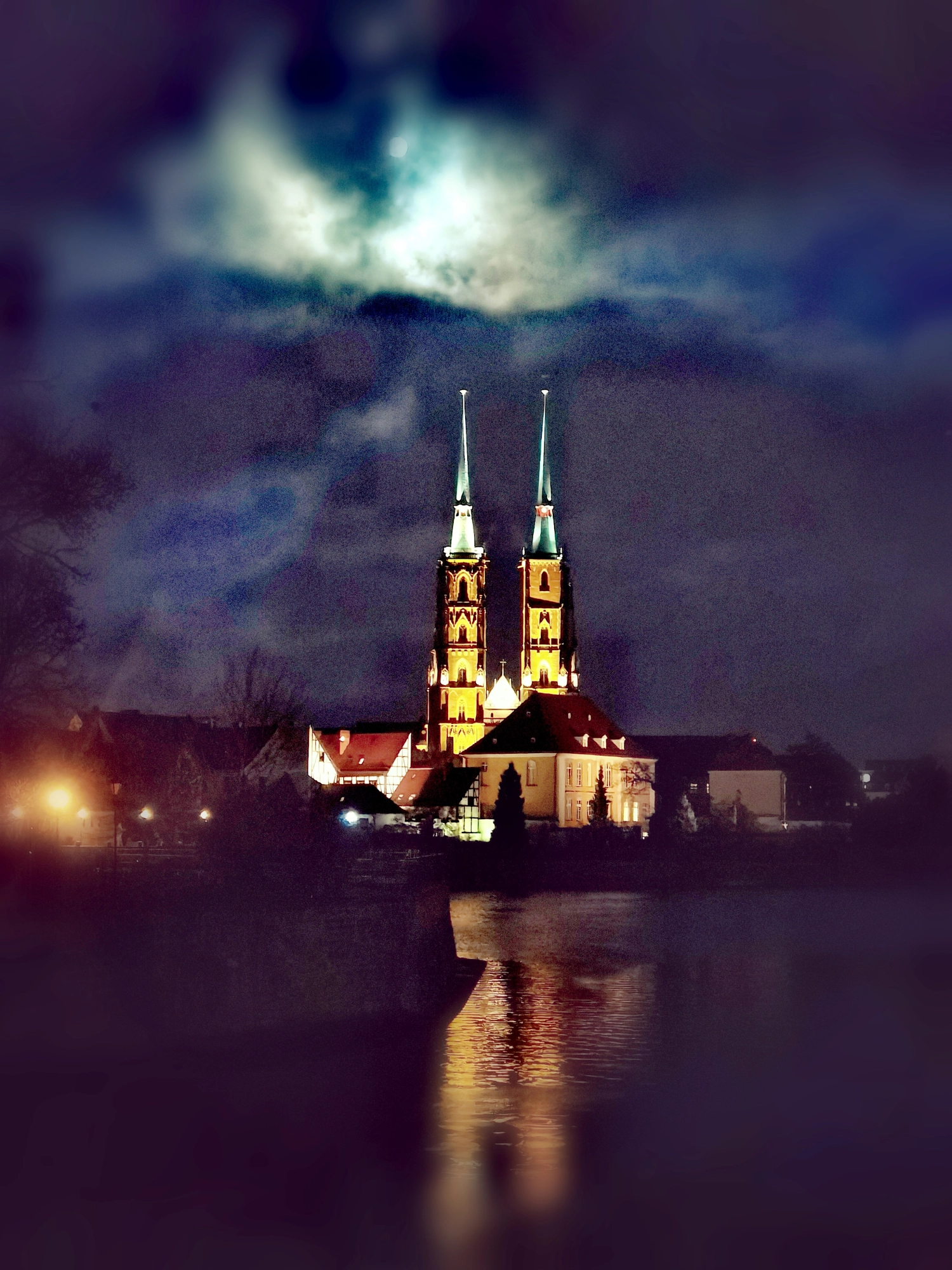
Photo: Magdalena Szymków-Cieniawska Photo: Magdalena Szymków-Cieniawska
Panorama of Racławice - A 360-degree painting that depicts the Battle of Racławice, a significant event in Polish history.
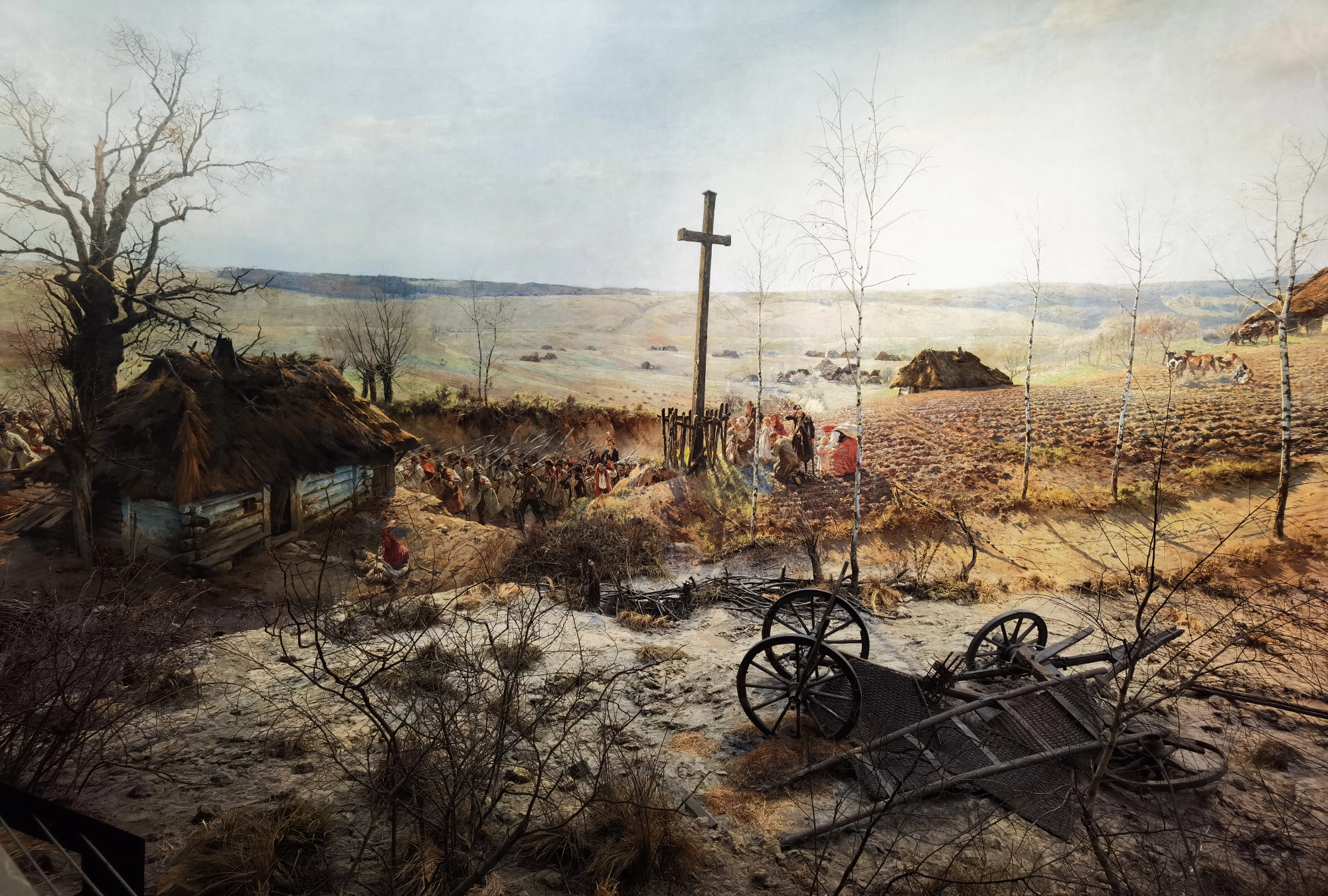 Photo: Magdalena Szymków-Cieniawska
Photo: Magdalena Szymków-Cieniawska
Ostrow Tumski - the oldest part of Wrocław, this island is home to St. John the Baptist Cathedral and historic architecture.
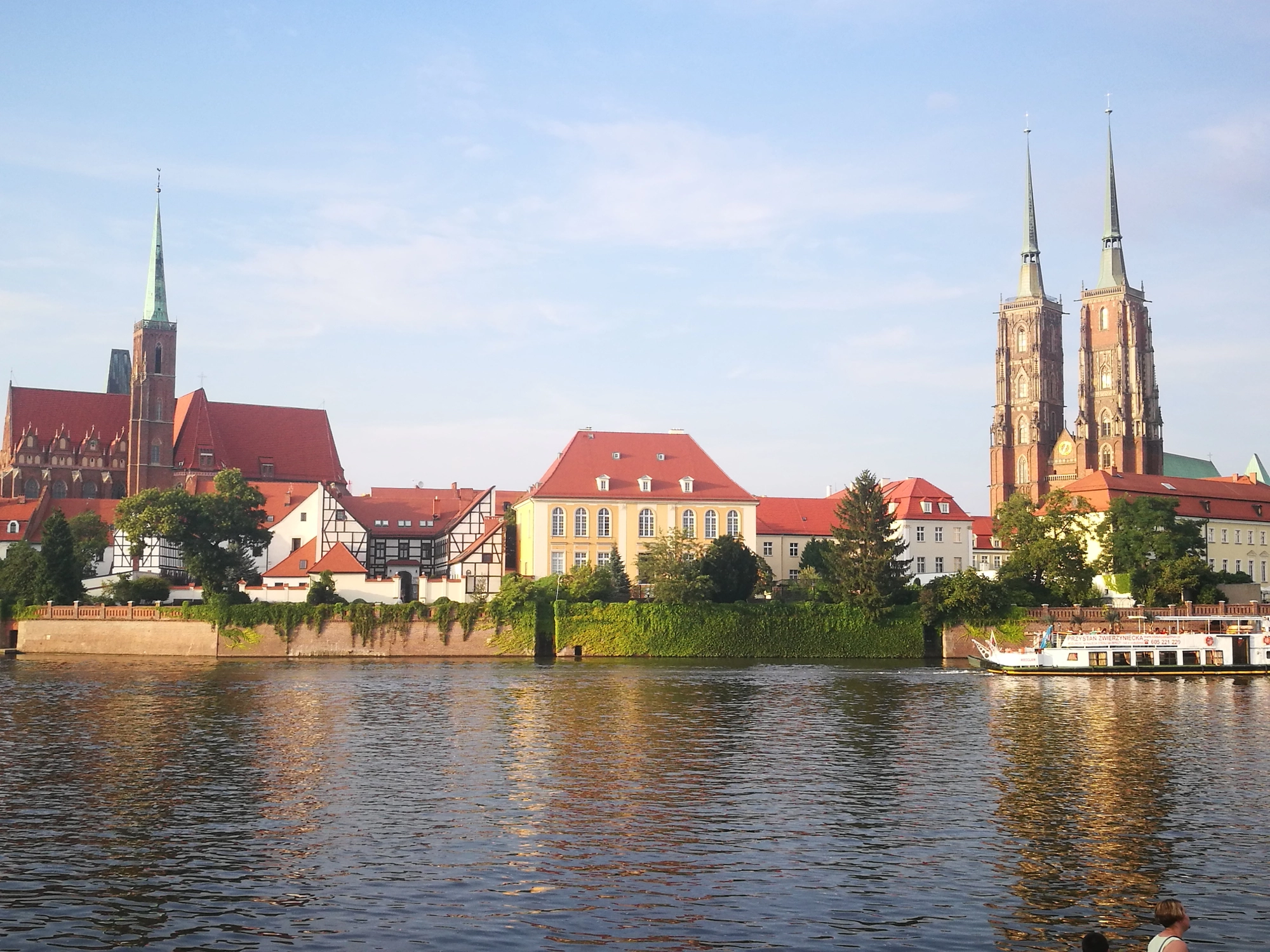 Photo: Magdalena Szymków-Cieniawska
Photo: Magdalena Szymków-Cieniawska
Wrocław Zoo - One of the oldest and largest zoos in Poland, with a variety of animals and attractions.
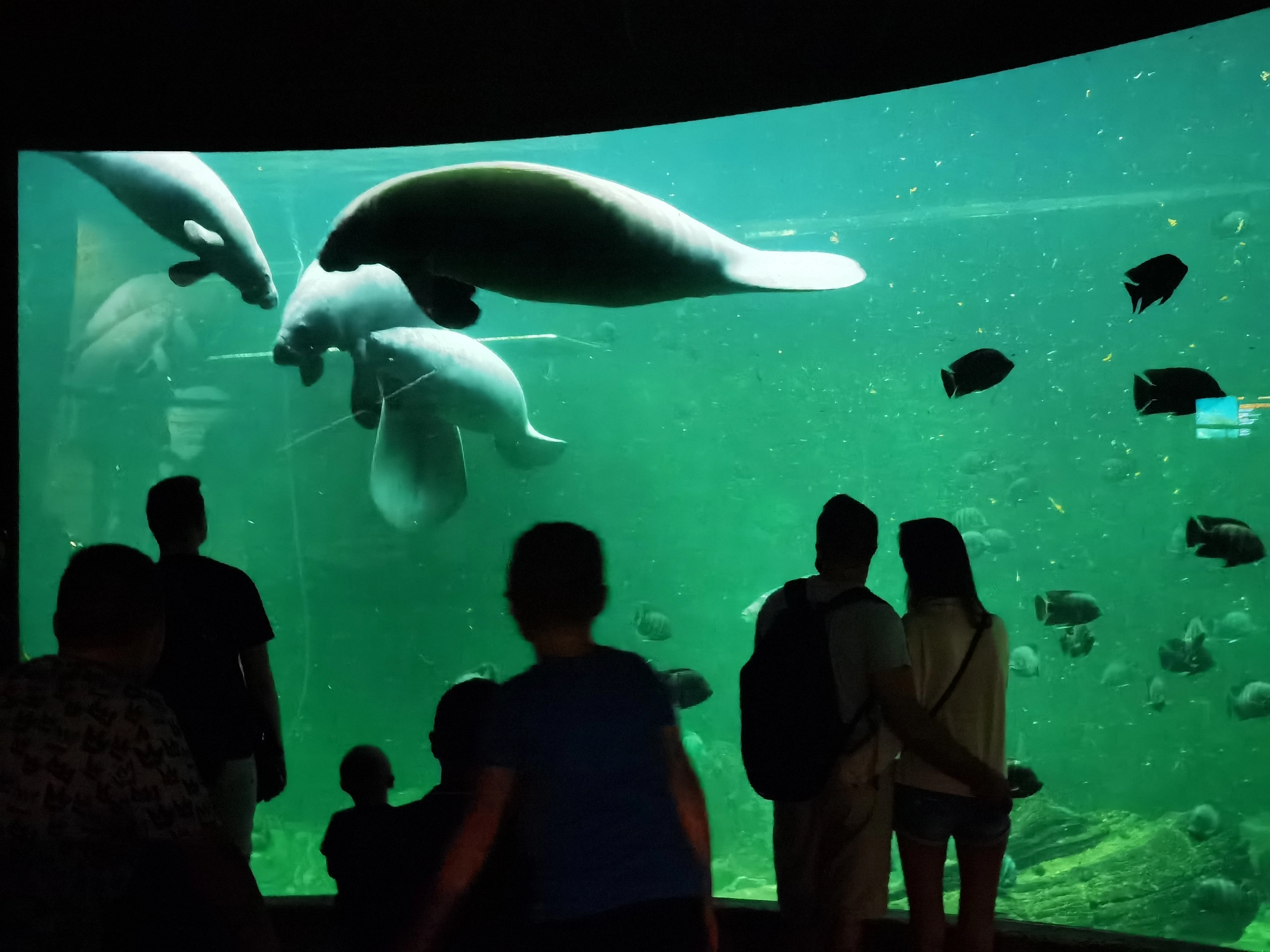 Photo: Magdalena Szymków-Cieniawska
Photo: Magdalena Szymków-Cieniawska
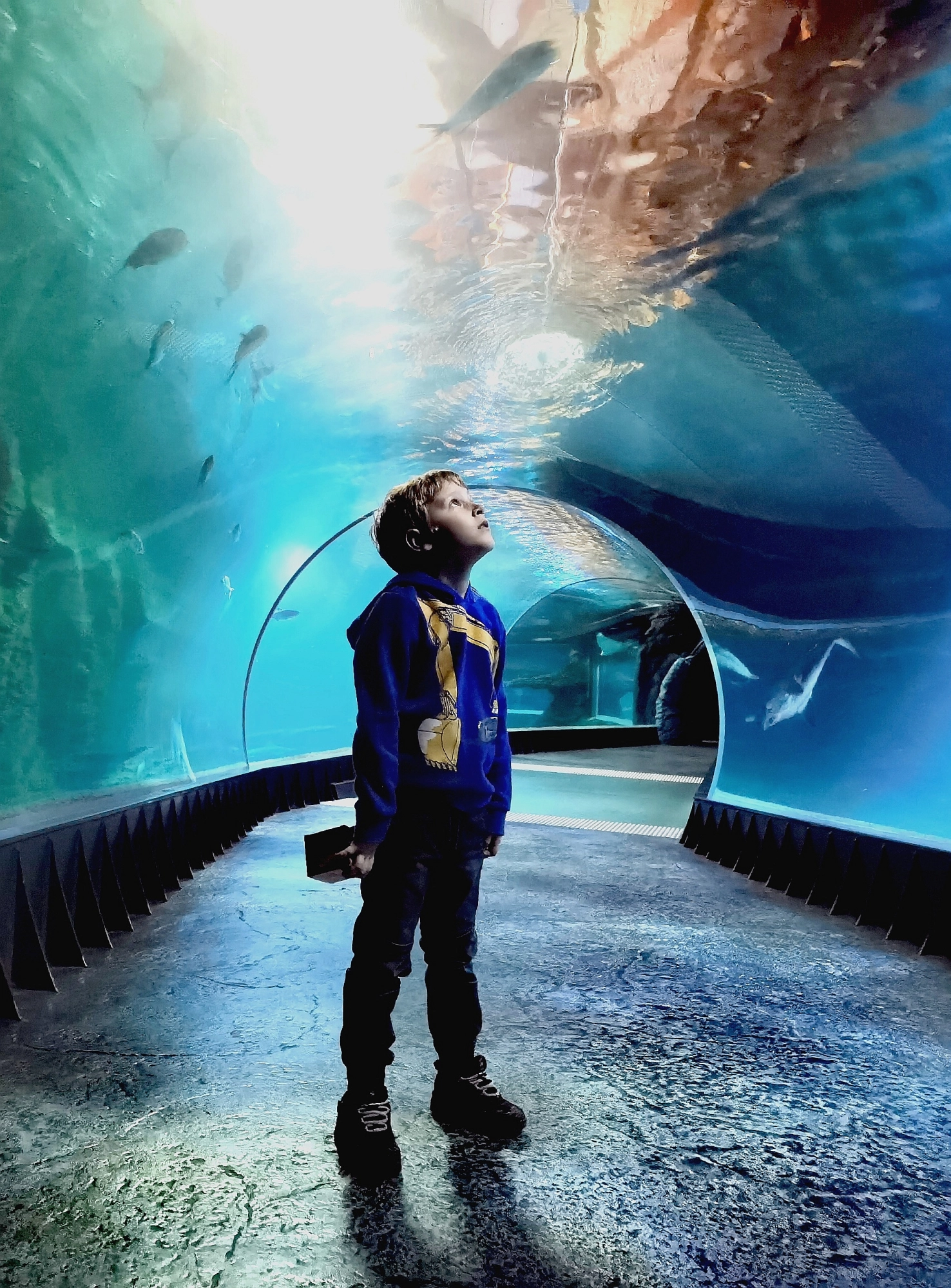
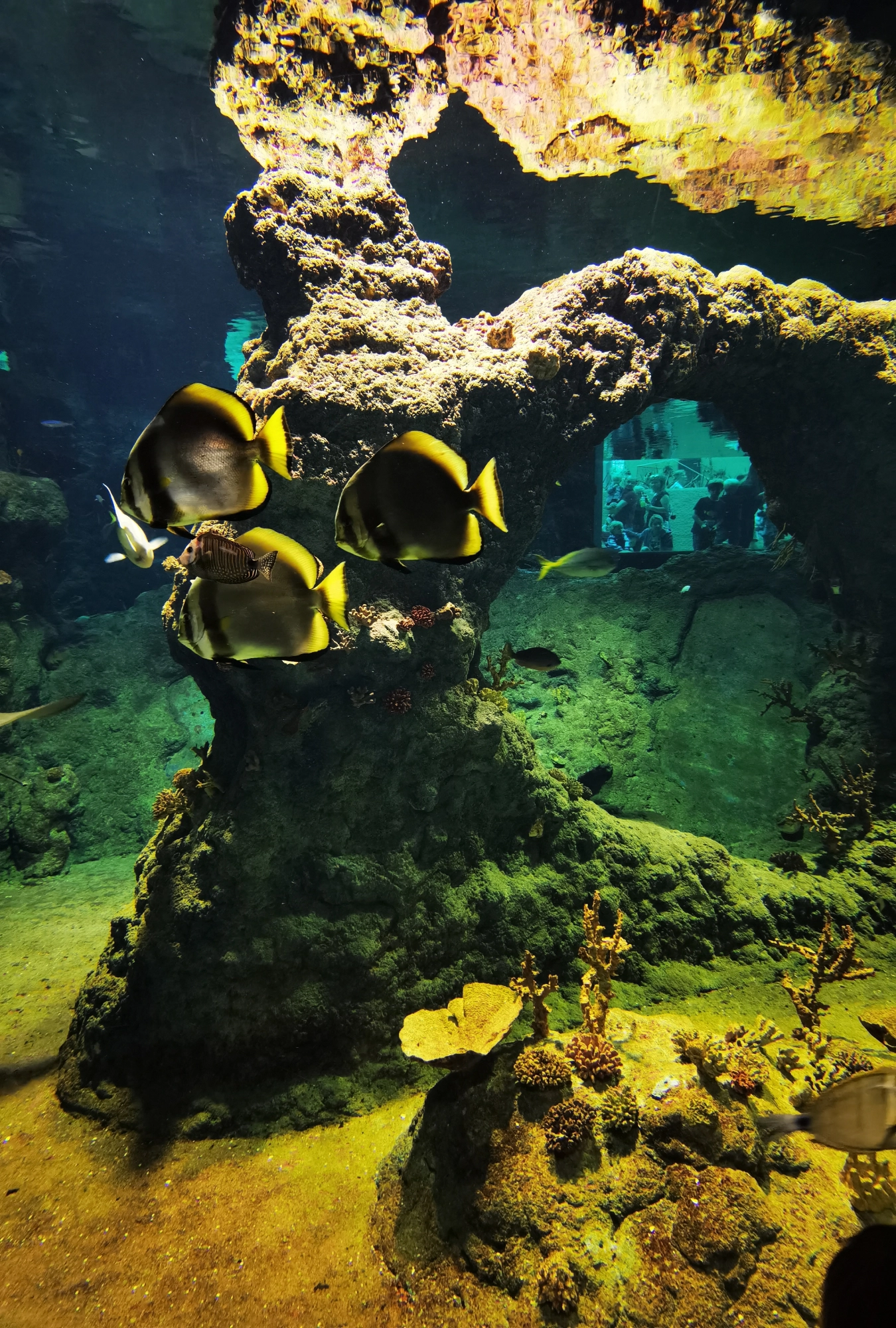
Photo: Magdalena Szymków-Cieniawska Photo: Magdalena Szymków-Cieniawska
- Centennial Hall – an iconic building, the “pearl of Wrocław modernism,” a UNESCO World Heritage Site, designed by the architect Max Berg.
- Wrocław Multimedia Fountain – a fountain surrounded by a pergola is located in Szczytnicki Park by the Centennial Hall. Designed by architects Max Berg and Hans Poelzig for the Centennial Exhibition.
- Botanical Garden of Wrocław University – a peaceful oasis in the city centre with a variety of plants, greenhouses and picturesque landscapes. The garden, which belongs to the University of Wrocław, was created in 1811.
- Japanese Garden – this garden has been arranged according to the design rules of traditional oriental gardens. It is a symbol-filled example of the harmonious combination of natural forces and human action. It attracts with its architecture, arrangement and rare vegetation.
- Market Hall – a vibrant market with fresh produce, local crafts and Polish vendors of traditional products.
Cinemas, theatres and music
Cinemas:
- Multikino in Pasaż Grunwaldzki (plac Grunwaldzki 22, 50-363 Wrocław);
- Nowe Horyzonty Cinema (ul. Kazimierza Wielkiego 19a-21, 50-077 Wrocław);
- DCF – Lower Silesian Film Centre (ul. Marszałka Józefa Piłsudskiego 64a, 50-529 Wrocław);
- Cinema City IMAX Wroclavia (ul. Sucha 1, 50-086 Wrocław);
- Helios Cinema in Magnolia Park (ul. Legnicka 58, 54-204 Wrocław).
Theatres:
- Wrocław Comedy Theatre (pl. Teatralny 4, 40-051 Wrocław);
- Capitol Musical Theatre (ul. Marszałka Józefa Piłsudskiego 67, 50-019 Wrocław);
- Wrocław Pantomime Theatre (al. Dębowa 16, 53-121 Wrocław);
- Ad Spectatores Theatre, ul. Hubska 44-48, 50-502 Wrocław);
- Teatr Polski (ul. Gabrieli Zapolskiej 3, 50-032 – Jerzy Grzegorzewski Main Stage; ul. Świdnicka 28, 50-068 Wrocław - Chamber Stage; ul. Orląt Lwowskich 20c, 53-605 Wrocław – Scene at Świebodzki);
- Wrocław Puppet Theatre (pl. Teatralny 4, 50-051 Wrocław).
Music:
- Wrocław Opera (ul. Świdnicka 35, 50-066 Wrocław);
- National Forum of Music (pl. Wolności 1, 50-071 Wrocław).
Museums and botanical gardens:
Museums:
- National Museum (pl. Powstańców Warszawy 5, 50-153 Wrocław);
- Panorama Racławicka Museum (ul. Jana Ewangelisty Purkyniego 11, 50-155 Wrocław);
- Zajezdnia History Centre (ul. Grabiszyńska 184, 53-235 Wrocław);
- Four Domes Pavilion (ul. Wystawowa 1, 51-618 Wrocław);
- Archaeological Museum (ul. Cieszyńskiego 9, 50-127 Wrocław);
- Military Museum (ul. Cieszyńskiego 9, 50-127 Wrocław);
- MWW Contemporary Museum Wrocław (pl. Strzegomski 2a, 53-681 Wrocław);
- Museum of Architecture (ul. Bernardyńska 5, 50-156 Wrocław);
- Theatre Museum in Wrocław (pl. Wolności 7a, 50-071 Wrocław);
- Natural History Museum, University of Wrocław, (ul. Sienkiewicza 21, 50-335 Wrocław);
- Museum of Bourgeois Art in the Old Town Hall (Sukiennice 14/15, 50-107 Wrocław);
- Pharmacy Museum of the Faculty of Pharmacy of the Wrocław Medical University - House of the Silesian Apothecary (Kurzy Targ 4, 50-103 Wrocław);
- University of Wrocław Museum (pl. Uniwersytecki 1, 50-001 Wrocław).
Botanical gardens:
- Botanical Garden of Medicinal Plants of the Wrocław Medical University (al. Jana Kochanowskiego 10-14, 51-601 Wrocław);
- Botanical Garden of the University of Wrocław (23 Henryka Sienkiewicza St., 50-335 Wrocław);
- Japanese Garden in Wrocław (ul. Adama Mickiewicza 1, 51-618 Wrocław).
Sport:
There is no shortage of places in Wrocław for both passive and active sporting activities. As far as sports events are concerned, it seems that the most popular in the city are the matches of the Śląsk Wrocław football team and events related to the Sparta Wrocław speedway team, which also plays international matches. In addition, Wrocław also has basketball teams, Śląsk and Ślęża Wrocław, and volleyball team, VolleyWrocław, as well as an American football team, Panthers Wrocław.
The city of Wrocław offers many opportunities for those looking for active forms of leisure. For runners, there is an annual marathon in the city, in addition to many park areas or places to run on the banks of the Oder. In addition, practically everywhere in Wrocław, wherever you live, there is a place nearby where you can practice sport: small and large fitness clubs, sports centres, swimming pools, etc. Below are some of them:
Sports centres:
- Wrocław Spartan Training Centre (ul. Lubinska 53, 53-623 Wrocław; http://spartan.wroc.pl/);
- Ice Rink (ul. Spiska 1, 50-562 Wrocław, https://spartan.wroc.pl/spiska/);
- Krajewski Leisure Centre (ul. Krajewskiego 2, 54-239 Wrocław https://spartan.wroc.pl/krajewskiego/);
- Wrocław Climbing Centre Zerwa (ul. Szczecińska 17D, 54-517 Wrocław https://zerwa.pl/);
- Akademia Ruchu Yoga School (ul. Ruska 47-48A - in the courtyard, 50-079 Wrocław https://akademiaruchu.com.pl/).
Swimming pools:
- Wrocław Spa Centre (pl. Teatralny 10-12, 50-055 Wrocław, https://www.spa.wroc.pl/);
- Swimming pools of the Military Sports Training Centre (ul. Racławicka 62, 53-146 Wrocław https://wksplywanie.pl/index.php/basen);
- Rogowska Fitness Academy swimming pool (ul. Rogowska 52A, 54-440 Wrocław https://fitness-academy.com.pl/basen/rogowska);
- Aquapark Wrocław (ul. Borowska 99, 50-558 Wrocław, https://aquapark.wroc.pl/ ).
Wrocław's dwarfs:
Wrocław’s dwarfs are small sculptures hidden along the city’s streets and squares that encourage visitors to explore and discover Wrocław. Each dwarf has its own story, and together they form a unique symbol of the city, referring to the oppositional Orange Alternative movement of the 1980s.
https://www.bbc.com/travel/article/20171017-the-truth-behind-wrocaws-cheeky-gnomes



